The Performances
The Igbo Oloyin production, Ijanba Oogun Olooro, took place during school lunch hours and commenced with songs and drums to attract members of the community on top of the children and primary school teachers. The play centers around three friends who all live wayward lives in the village, drinking and smoking, not attending their classes, and believing the nonsense that education is a deceit. At the end of the day, they all start to behave in an irrational manner as a result of the addiction to drugs. A nurse then advises the audience on the dangers of drug abuse and the benefit of education in the lives of students. The players on stage freeze for a moment to make space for a discussion between the nurse and the audience about the issues at hand, and the play ends with the nurse singing a familiar song and encouraging the audience to sing with her.
The Abadina performance, Unity in Diversity, also began with songs and dances, this time specific to the three major ethnic groups of the country: Yoruba, Igbo, and Hausa. The play, performed in English and Yoruba (the native language of the southern part of Nigeria), is about three market women from the three dominant ethnic groups whose shops are beside each other. This causes a major clash, which leads to verbal insults. Each woman constantly uses her ethnicity to justify her personal attributes while dismissing others as a result of their ethnicity. In the process of fights and quarrels, an old man—who doubles as the narrator—walks into the scene, after which everyone else freezes. He talks to the market women about the need for a unified Nigeria, which gives room for all irrespective of their social backgrounds, and ends his monologue by speaking directly to the community members, encouraging them to bring peace into the community by setting tribal sentiments aside. The play ends with a song, “One Nigeria,” sang by the women while hugging each other.
One of the most valuable aspects of the theatre for development is encouraging active participation from people whose voices are not normally heard in the community, or people who don’t participate in the political process.
The simple dramatic plays really moved the audiences. After Ijanba Oogun Olooro, some individuals shared their reflections. The headmistress encouraged the children to face their studies and strive to be better leaders of tomorrow, and she also advised them to avoid drugs and peer pressure. Two other woman talked about proper parental upbringing, advising parents to model good behavior and monitor their children’s behavior as well. One young boy talked about the truth of drug abuse that was displayed on stage, adding that it is a social menace that needs to stop, while another said that students should face their studies at all time. In general, the children learned about the dangers of drug abuse and that it’s important to avoid bad friends.
After Unity in Diversity, the community members were called on stage to discuss what they took away from the play and how they, as individuals, had a role to play in this issue. All from different ethnic groups, these individuals had the opportunity to share their grievances towards each other and find common ground to settle their differences. The women of the community knew the play was for them because the problems addressed were gotten from the interviews we conducted. A university worker talked about the issue of impatience and greed among human beings as the reason behind some of the fights that happen in the neighborhood, and she encouraged the audience to give people the space to be human, no matter who they are. A businesswoman talked about tribal sentiments and encouraged people to drop ethnic partiality and support artisans from all different tribes.


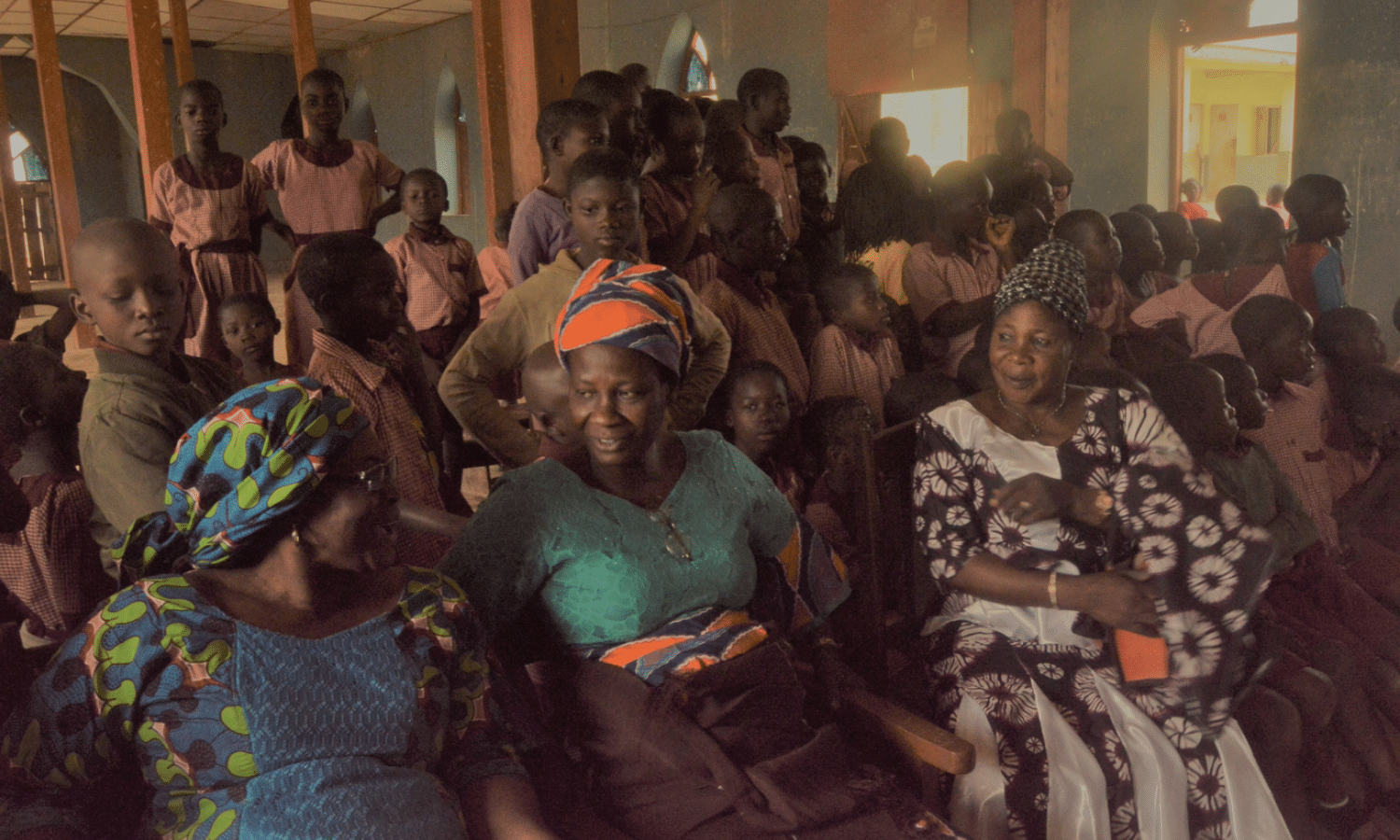
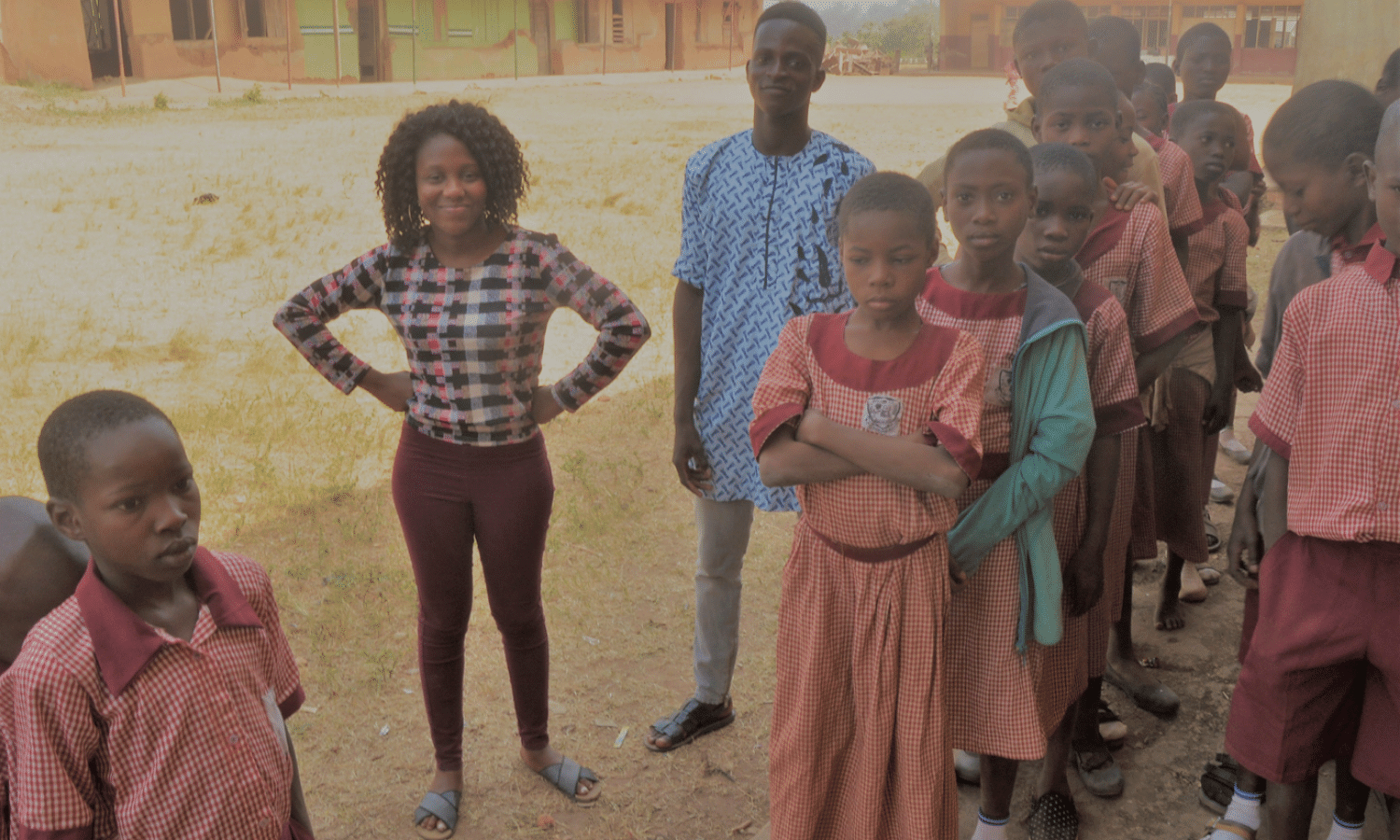

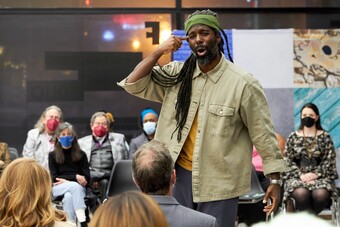




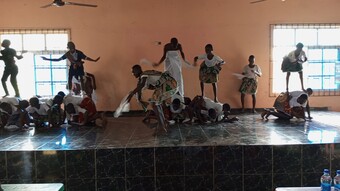


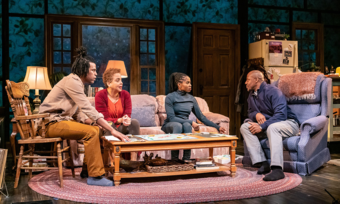

Comments
The article is just the start of the conversation—we want to know what you think about this subject, too! HowlRound is a space for knowledge-sharing, and we welcome spirited, thoughtful, and on-topic dialogue. Find our full comments policy here